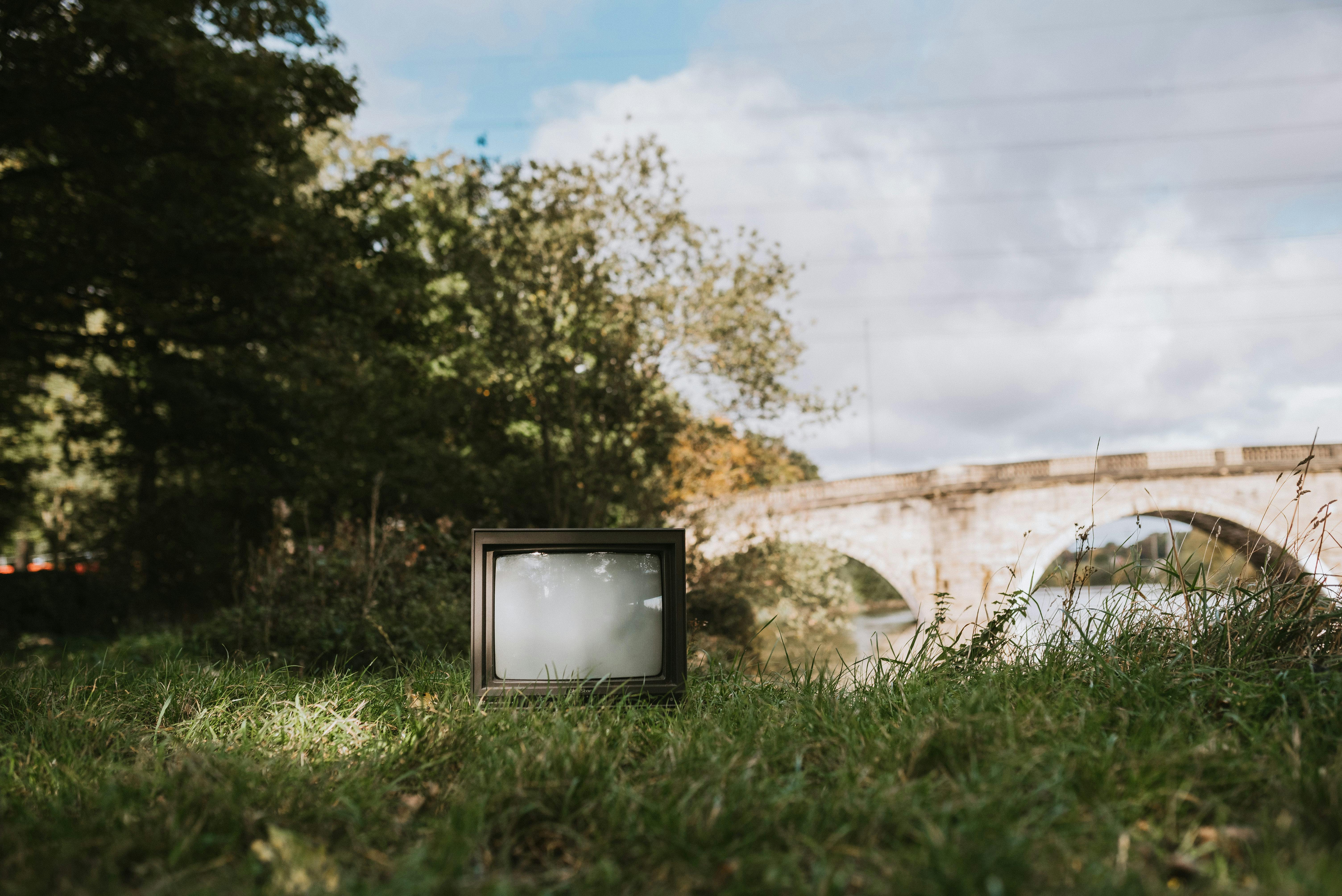Benefits of Using Distilled Water in Humidifiers
Using distilled water in humidifiers provides a host of benefits. It is a better choice than regular tap water, which can contain minerals, chlorine, and other contaminants that can build up in a humidifier’s tank and cause it to break down. Distilled water is free from these contaminants and keeps the humidifier running effectively for longer. Additionally, it helps reduce the risk of bacterial growth that can occur with regular tap water.Using distilled water in humidifiers also helps to keep them clean and free from mold and mildew. The minerals found in regular tap water can cause deposits to form on the walls of the humidifier’s tank, which can then lead to bacterial growth. By using distilled water, these deposits are less likely to form, reducing the need for regular cleaning and maintenance.
Finally, using distilled water in humidifiers ensures that the air being released into your home is free from any contaminants or allergens that may be present in regular tap water. This helps create a healthier environment for those living in the space as well as
Potential Risks of Using Distilled Water in Humidifiers
Using distilled water in humidifiers can be beneficial in reducing the amount of minerals and other particles present in the water, however it is important to understand the potential risks of using this type of water. When distilled water is used, it can lead to an increase in bacterial growth and mold spores, which can be harmful if inhaled. Additionally, if the humidifier is not regularly cleaned and maintained, a build-up of minerals from the distilled water may occur, leading to a blockage or clogging of the filter. This can reduce the efficiency of the humidifier and cause it to produce less moisture into the air.Another potential risk of using distilled water in a humidifier is that it may contain impurities or contaminants that can be released into the air. These impurities can cause allergies or other respiratory issues if they are inhaled. It is important to always check for any signs of contamination before using distilled water and to change it regularly to prevent any buildup of bacteria or other contaminants.
Finally, there is also a risk that using distilled water may lead to corrosion inside the
What Types of Humidifiers Work Best With Distilled Water?
Using distilled water in a humidifier is recommended for many reasons. It helps to prevent mineral build-up, which can lead to mold and bacteria growth, and also helps to reduce the amount of dust in the air. There are several types of humidifiers that are designed to work best with distilled water, including warm mist, cool mist, and evaporative models.Warm Mist Humidifiers
Warm mist humidifiers boil the water before releasing it as steam into the air. This type of humidifier is ideal for use in dry climates or during cold winter months when additional moisture is needed. While warm mist humidifiers are generally considered safer than cool mist models due to their ability to kill bacteria and other microorganisms, they require more maintenance because the water must be replaced more frequently. As such, distilled water is necessary for this type of humidifier in order to extend its life and reduce mineral buildup.Cool Mist Humidifiers
Cool mist humidifiers work by releasing a fine spray ofRefilling a Humidifier with Distilled Water
Refilling a humidifier with distilled water is a relatively simple and straightforward process. The first step is to locate the water tank on your humidifier. Depending on the model, the water tank may be located at the top of the unit, on the side, or even underneath. Once you have located the tank, remove it from the body of your humidifier and set it aside.The next step is to fill the tank with distilled water. You can buy distilled water at most grocery stores and pharmacies, or you can make your own at home using an inexpensive distillation kit. Make sure that you use only distilled water in your humidifier; tap or regular bottled water should not be used as they may contain minerals that could damage or clog your unit. After you have filled the tank with distilled water, carefully place it back into its original position in your humidifier.
The final step is to turn on your humidifier and adjust its settings as needed to get the desired level of humidity in your room. It is important to keep an

Can You Use Tap Water in a Humidifier?
Yes, it is generally safe to use tap water in a humidifier. Tap water contains minerals and other natural compounds that can be beneficial for the humidifier. The minerals and other compounds can help reduce the buildup of scale and other deposits that can occur in the humidifier over time. It is also important to clean and maintain your humidifier on a regular basis to ensure it is working properly and efficiently.However, if you live in an area with hard water, it may be best to use distilled or demineralized water instead of tap water. Hard water contains high levels of minerals such as calcium and magnesium which can cause buildup in the humidifier over time. This buildup can clog the filter or reduce the efficiency of the unit, leading to decreased performance.Using distilled or demineralized water instead of tap water can help prevent this buildup from occurring and will also reduce the amount of maintenance required for your humidifier. In addition, some humidifiers come with filters specifically designed to remove any contaminants from tap water before it enters the unit, making it safe to use tap water even if you haveWhy is it Important to Change the Water in a Humidifier Regularly?
It is important to change the water in a humidifier regularly for several reasons. First, it helps prevent the growth of bacteria and other pathogens that can be harmful when breathed in. The warm, damp environment of a humidifier is a breeding ground for these organisms, so regular water changes are necessary to prevent them from growing. Second, regularly changing the water helps keep your humidifier running efficiently and prevents mineral buildup. Over time, minerals can build up on the internal components of the humidifier and reduce its performance. Finally, changing the water in your humidifier on a regular basis helps to maintain an optimal humidity level in your home or office. Fresh water will help ensure that your air is not too dry or too moist, helping to create a comfortable environment.Is It Necessary to Use Distilled Water in Humidifiers?
Using distilled water in humidifiers is essential for maintaining their efficiency and longevity. The importance of distilled water use lies in its ability to prevent mineral buildup, which can lead to clogs and bacteria growth. Ensuring clean moisture results in healthier air quality and a better environment for breathing.
Are There Alternatives to Using Distilled Water in a Humidifier?
Using distilled water in a humidifier can be beneficial, as it is free of minerals and other impurities that can cause buildup on the interior components of the device. However, some people may prefer to use an alternative water source for their humidifier. In this case, there are several options that could be used instead of distilled water.One option is to use filtered or purified water in the humidifier. This type of water has been processed to remove minerals and other impurities, but still retains some of its natural qualities. It is typically available from home improvement stores or online retailers. It may also be possible to purchase a filter for your own tap water that will remove impurities and make it suitable for use in a humidifier.Another alternative is to use rainwater or collected snowmelt in the humidifier instead of distilled water. Rainwater is naturally free of minerals and other contaminants, making it an ideal choice for use in a humidifier. Snowmelt can also be used, though it should be filtered prior to use if possible.Finally, you can
Conclusion
The use of distilled water in humidifiers can be beneficial for those looking to get the most out of their home humidifier. Distilled water can help to reduce the amount of minerals and bacteria that build up in the tank, resulting in a longer lifespan and better performance. In addition, it can also help to prevent mold and other fungus from growing inside the tank, which can be a health hazard. That said, it is important to note that using distilled water may not be necessary for all types of humidifiers and may not always be the best choice. It is best to consider all options available before making the decision on what type of water should be used in your home humidifier.Ultimately, whether or not distilled water should be used in humidifiers is largely a personal choice. While there are benefits associated with its use, some people may find that regular tap water works just as well if they take steps to regularly clean and maintain their home humidifier. Ultimately, it is up to each individual to decide what type of water should be used in their own home humidifier and how often it should be replaced or cleaned.

